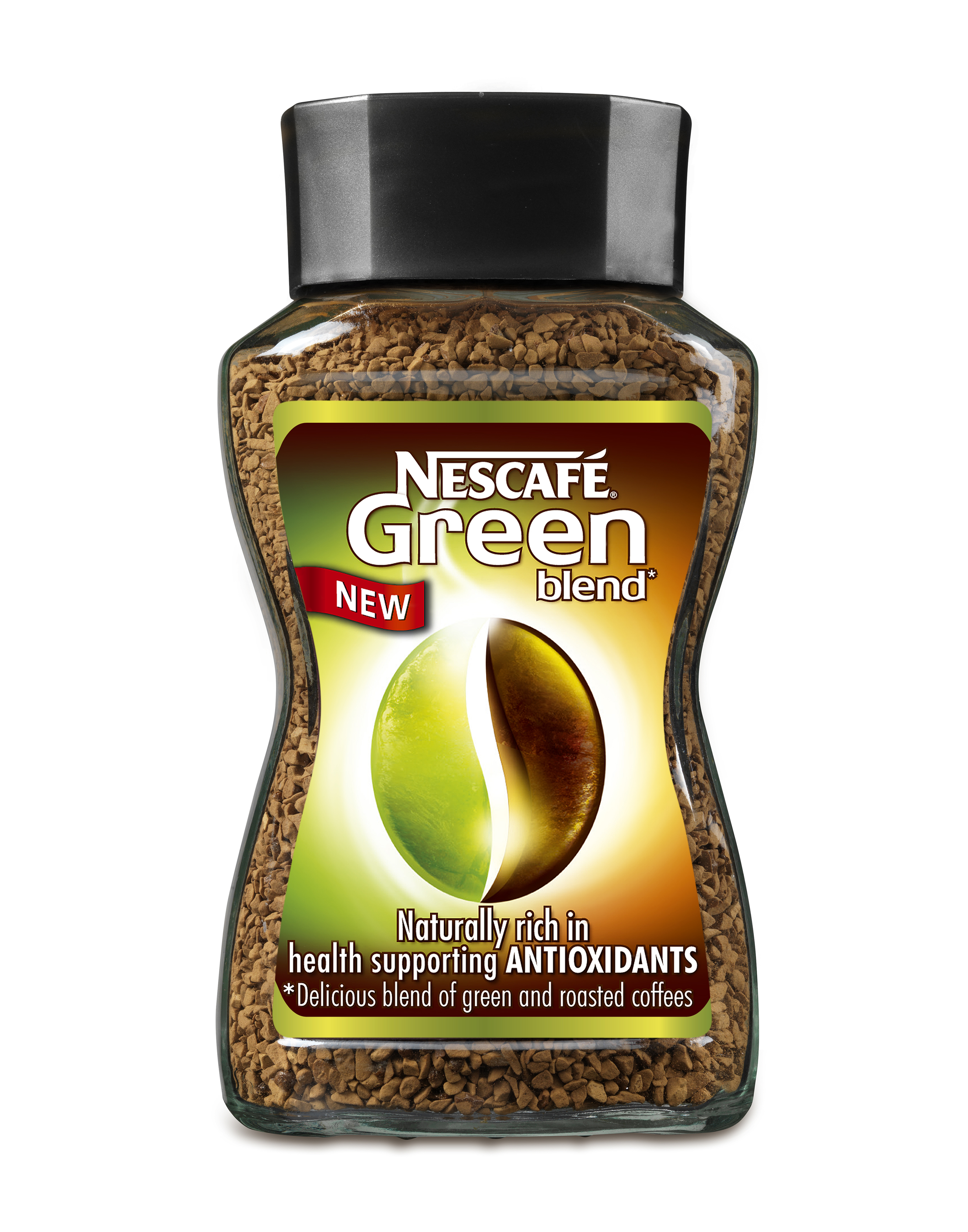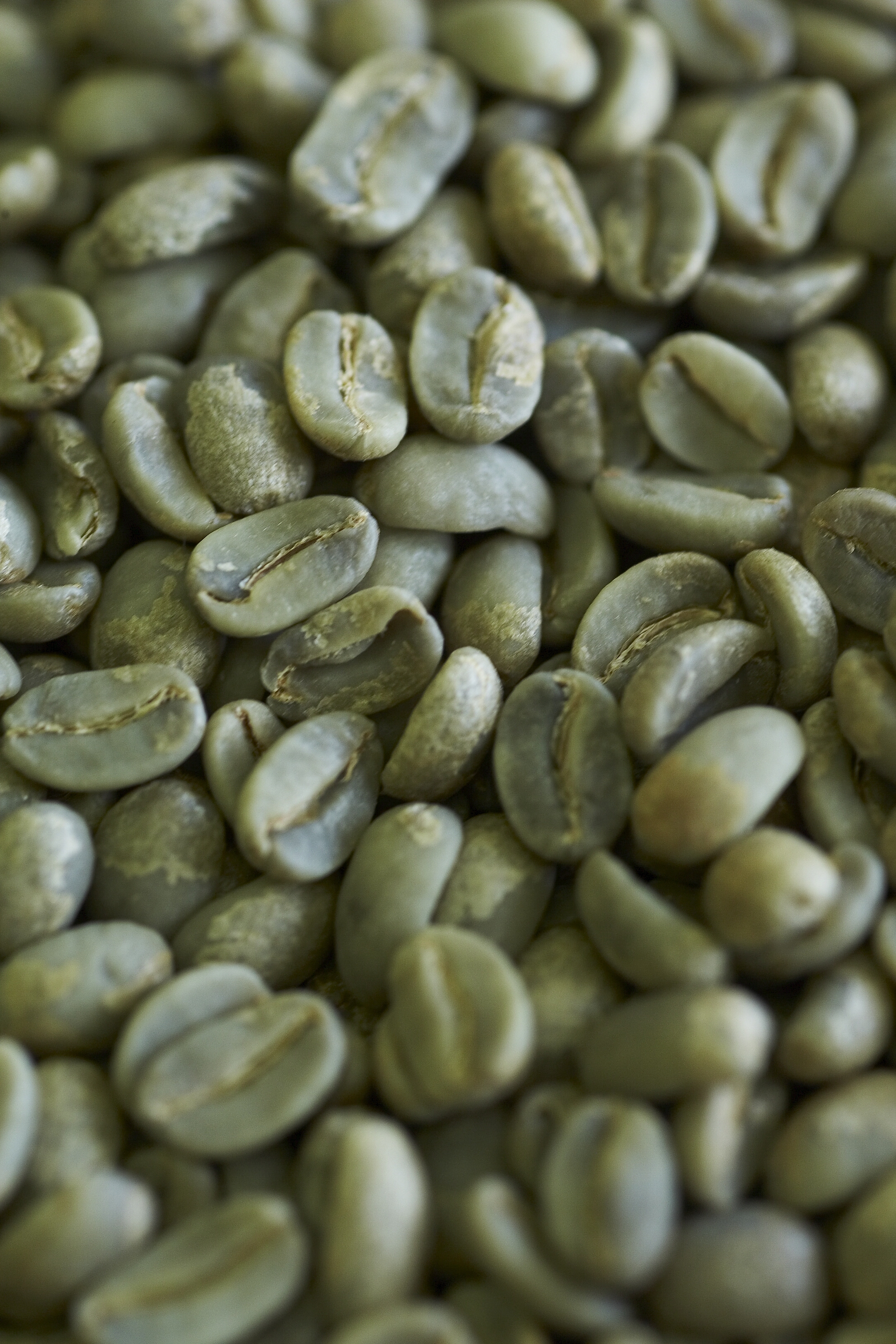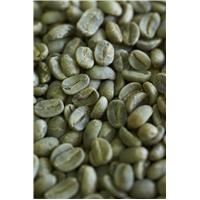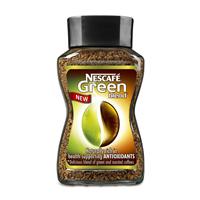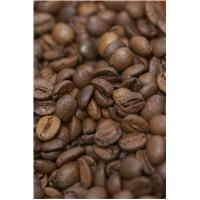London: The fermentation of wine is probably the oldest biotech process invented by man, carried out for the first time between the Palaeolithic and Neolithic age, says Dr Giovanni Scapagnini, who will speak on the properties of red wine at Anti-Ageing Conference London.
So, in one way, it has accompanied, and potentially influenced, human biological and social evolution throughout the last 10 millenniums. The benefits of moderate wine consumption on health have been undisputed since antiquity, when it was considered the elixir of the Gods, and a panacea for body and soul. Recently, this has been confirmed by numerous epidemiological studies particularly in relation to Mediterranean populations, where the incidence of coronary heart disease is lower than in other developed countries.
In vitro and in vivo experimental research now supports the biological plausibility of red wine in the prevention of arteriosclerosis and thrombosis. Red wine, is in fact, a rich source of polyphenols, the natural substances endowed with potent antioxidative and chemo preventive properties. Red wine may promote the maintenance of healthy veins and inhibit atherosclerotic plaque formation. These polyphenols such as anthocyanins protect the cardiovascular system from bad fats at the same time as offering protection from inflammation..
Resveratrol is probably the best known antioxidant contained in red wine and possesses a wide range of biological and pharmacological properties. Besides its potential role as a cardio protective agent, it has also shown to function as a cancer chemo preventive agent, modulating various proteins linked with cellular proliferation and carcinogenesis. Furthermore it has recently shown its ability to activate genomic machinery directly linked with lifespan improvement.
There is mounting evidence that polyphenols are associated with increased longevity and wellbeing. All these studies give scientific strength to the concept that dietary nutrients, such as those from red wine, can influence the balance between healthy and disease states and prevent degenerative age related pathologies, such as cardiovascular, neurodegenerative disorders and cancer. Although further studies are required to really understand the impact of wine on human health and the claim that wine is a long life elixir, there are a large body of evidences to sustain that moderate wine consumption represent an attractive dietary anti-aging strategy.
Dr Scapagnini will speak at Anti Ageing Conference London on Saturday 16 September.
About Dr Giovanni Scapagnini, MD, PhD
Assistant Professor, Institute of Neurological Sciences, Italian National Research Council, Catania, Italy
Assistant Professor, Blanchette Rockefeller Neurosciences Institute, West Virginia University, Rockville (MD), USA
Visiting Professor, Institute of Human Virology, University of Maryland, Baltimore (MD), USA
Dr. Scapagnini attended the University of Catania School of Medicine and Surgery in Catania, Italy and graduated in 1992 with a medical degree. He continued his education by obtaining a Ph.D. in Neurobiology also from the University of Catania in 2000. Since completing his education, Dr. Scapagnini has conducted research with the Institute of Pharmacology School of Medicine associated with the University of Catania and has worked as a Visiting Scientist with Department of Surgical Research, Northwick Park Institute for Medical Research, Harrow, UK in 1999, and with Laboratory of Adaptive Systems, National Institute of Neurological Disorders and Stroke, National Institute of Health in Bethesda, MD, USA in 2000. Dr. Scapagnini currently holds two academic positions as Assistant Professor with the Institute of Neurological Sciences, Italian National Research Council and with Blanchette Rockefeller Neurosciences Institute, West Virginia University. He has recently obtained a visiting professorship with the Institute of Human Virology, University of Maryland, where he is in charge of a research project on HIV dementia. He is also the scientific director of the Research & Progress foundation, founded by Dr Robert C. Gallo. He is author of 35 indexed scientific papers and several book chapters. His fields of research regard gene expression profiles of cellular stress response and biology and molecular mechanisms of brain aging and nerurodegenerative disorders. In particular he has studied the anti-aging activities of several nutraceuticals present in the Mediterranean diet.
The 3rd AACL, which is being held at the Royal Society of Medicine in London from the 15-17 September 2006 is the only forum in the UK where both professionals and lay persons can learn about the latest advances in medicine and science.
At AACL delegates will hear from scientists and physicians on the latest medical advances, including what some may consider controversial, to the proven and new treatments for the diseases of ageing, as well as cosmetic and dental health, optimum nutrition, skin health, hormones, mind/body health and the latest developments in stem cell treatments.
Among our international panel of speakers are Dr Jennifer Krup MD ABAAM, a hormone specialist who is HB Healths medical advisor; Dentist Brian Halvorsen BDS. LDS. RCS. FRSH, renowned for his work on toxicity problems in dentistry and holistic dental care; nutritionist and author Patrick Holford, who has examined the role diet plays in ageing; and Dr Bill Cham PhD, whose research into the use of plant extracts in skin cancer remission has produced new treatments for this disease.
Other speakers who have driven the global debate on anti-ageing medicine include Dr Robert Goldman, Chairman, American Academy of Anti-Aging Medicine and Dr Ronald Klatz, Founding President, American Academy of Anti-Aging Medicine; Professor Imre Zs-Nagy, Professor John Ionescu and Dr Michael Klentze.
Delegates receive the following:
A high-quality bound conference manual including speaker presentations and biographical materials
Buffet lunch on all three days
Refreshments including cocktail reception
The opportunity to see the latest anti-ageing products in the exhibition area
This prestigious scientific event will be introduced by Heather Bird-Tchenguiz MBA, Chairperson, AACL; Founder and President of HB Health; Director of the World Academy of Anti-Aging Medicine; Board Member, European Society of Anti-Aging Medicine and Director, British Society of Anti-Ageing Medicine.
The speaker programme for Anti-Ageing London 2006 is as follows:
Friday, 15 September Regenerative and Preventative Medicine
Heather Bird-Tchenguiz MBA: Welcome
Dr Marco Traub PhD: Introduction
Professor Shimon Slavin: Stem cells for the treatment of malignant and non-malignant diseases and for tissue repair
Prof Larry Benowitz: Prospectives on stem cell differentiation in neurosurgery
Prof Geoffrey Raisman: Clinical application of olfactory cells in spinal cord injury
Prof David Naor PhD: Involvement of CD 44 in stem cell differentiation
Prof Stefan Krauss PhD: Forbrain development and neural cell damage
Dr Antigoni Ekonomou: Lecture
Prof Dame Julia Polak: Stem Cells and Regenerative Medicine
Prof Michal Schwartz: Autoimmunity, microglia, adult stem cells, neurogenesis and neurodegenerative diseases
Prof Tomas Ekstrom: Epigentics principles
Dr Miomir Knecevic: Commercialisation of Stem Cell Research
Dr Ralf Tönjes PhD: Stem Cell signatures as a tool for quality control of Innovative medicinal products
Andreas Junge MBA: Medical Knowledge on the internet – patient-related information – major mistakes and recent problems
Dr Marco Traub: Symposium Overview
Saturday, 16 September
Heather Bird-Tchenguiz MBA: Welcome
Professor Dr Imre Zs-Nazy: The Theories of Ageing
Dr Ben Pfeifer MD PhD: Phytonutrient Therapy and Immune System Support for Patients with Hormone-Refractory Prostate Cancer
Dr Mark Babizhayev: Human Cataracts the role of Lipid Peroxidation and the efficacy of N-acetyl carnosine as a treatment
Dr Robert Goldman MD PhD FAASP DO FAOASM: Maximum Human Performance with Anti-Ageing Therapeutics
Dr Jennifer Krup MD ABAAM: HRT in Women questions, answers and more questions
Dr Brian Halvorsen: Holistic Dentistry Advances with an emphasis on chelation and preventative health care
Dr Alex Collie PhD: Measuring your Cognitive Age
Prof John Ionescu PhD: New strategies to slow down the photoageing of human skin
Sarah Noble LicAc, MBAcC, MIMgt, MInstD: The Art & Science of Spa Success How to open a holistic spa: integrating services into your clinic for profitability
Patrick Holford BSc DipION FBant- 5 Proven Alzheimer;s prevention steps
Prof Giovanni Scapagnini MD PhD: Wine Road to Longevity: all the anti-ageing properties of red wine
Sunday, 17 September
Dr Julian Kenyon: Photodynamic and Sonodynamic Therapy an important adjunct to anti-ageing strategies
Dr Deepak Chopra: The Soul of Healing – Ten Ways to Reverse Biological Aging
Dr Ron Klatz:New Horizons for the clinical specialty of Anti-Aging Medicine: the future with Biomedical Technologies.
Dr Paul Clayton: Alzheimers Disease: Pharmaco-nutritional strategies to maintain the ageing brain
Dr Michael Klentze MD PhD ABAAM: New approaches for safe male Male Hormone Replacement therapy
Dr Bill Cham PhD: Advances in the eradication of skin cancer
Dr Eric Braverman, MD: Sub clinical Hyperparathyroidism: A precursor of Osteoporosis and Dementia?
The programme may be subject to change
Full details of the speaker programme and speaker biographies can be viewed at www.antiageingconference.com
There are various categories of registration for this event:
Full registration £350;
Day 1 Only £200;
Day 2 only £200;
Day 3 £200.
Book on-line on the registration page at www.antiageingconference.com Membership of certain medical societies may qualify for a discount. Further information may also be requested from conference@antiageingconference.com
Telephone: +44 (0)20 75816962
The events sponsors and supporters include HB Health, the British Society of Anti-Ageing Medicine; the European Society of Anti-Aging Medicine; the World Academy of Anti-Aging Medicine and The Trans European Stem Cell Therapy Consortium.
Anti Ageing Conference London
PO Box 50622
London SW6 2YP
United Kingdom
Tel : +44 (0) 20 7581 6962
Fax : +44 (0) 20 7589 1273
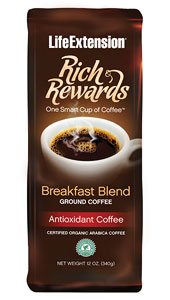


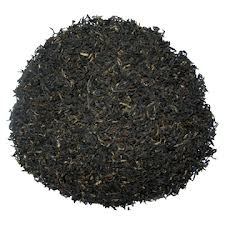
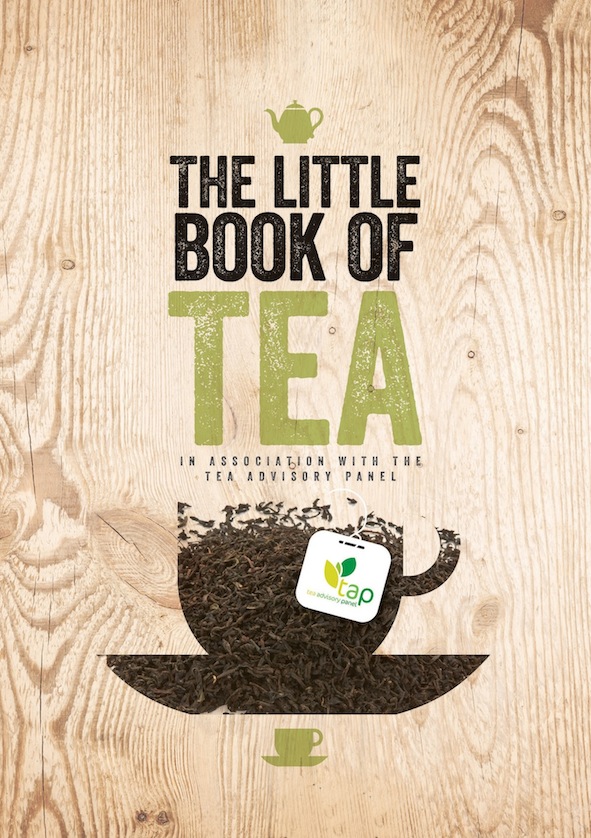

![_MG_6396[1] [320x200].JPG](http://elixirnews.com/assets_c/2010/11/_MG_6396[1]%20[320x200]-thumb-206x200-352.jpg)
